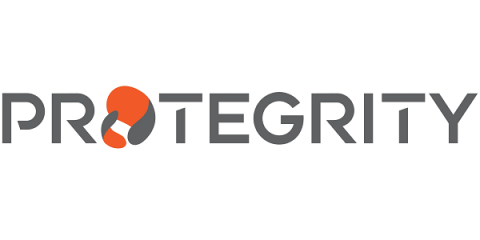Security | Threat Detection | Cyberattacks | DevSecOps | Compliance
Latest Posts
Looking to 2024: Data, AI and security will be top priorities for businesses
Unlocking the Power of Enterprise Data Security
By the year 2025, an estimated 463 exabytes will be created daily. For reference, one exabyte is 8,000,000,000,000,000,000 bits. That’s a lot of data. And even though cyber-attacks will increase as the attack surface expands, with cybercrime costing the world $10.5 trillion annually by 2025, data will remain the most valuable resource for today’s global enterprise.
Unlocking Compliance: Quebec's Law 25 and Data Privacy
In today’s data-driven world, privacy and data protection are paramount. One of the most significant developments in data privacy is Quebec’s Law 25, also known as Bill 64, which was officially adopted on September 22, 2021. This landmark legislation represents a significant step in modernizing Canada’s privacy landscape and introduces several key provisions that businesses must be prepared to address.
Collaboration: The Key Ingredient to Successful Security Compliance
In the fast-paced world of software development, the clash between developers and security experts could greatly benefit from some much-needed balance. On one side, developers strive for success based on metrics like delivery time, deployment frequency, and number of features. On the other side, security professionals are measured on vulnerability and compliance metrics.
Why Log4j Wasn't the Developers' Fault: Understanding the Challenges of Modern Developers
In today’s fast-paced digital world, software developers face many challenges as they work tirelessly to create and maintain applications that power our daily lives. The recent Log4Shell vulnerability, which exposed a critical flaw in the widely used Log4j library, has drawn widespread attention and criticism.
To the Left, To the Left
Shifting left, reminiscent of Beyoncė’s famous song, Irreplaceable, is not just a passing trend but a fundamental shift in how we approach software development and security. Historically, security has often been an afterthought — a box to check once the software’s built. However, this reactive approach has proven inadequate in today’s cybersecurity landscape.
What Is Data in Motion?
Data in motion, also known as data in transit, is the transmission of digital information from one location to another. This can include: Data in motion is just one of three data states, including data at rest and data in use.
Borderless data - acting locally, thinking globally
Overcoming US Regulatory Compliance Challenges with Borderless Data
In today’s age of rapidly increasing data collection, data privacy laws are becoming more prevalent than ever. The EU’s General Data Protection Regulation (GDPR) is considered the worldwide benchmark of data privacy law. While many countries have followed similar regulations, the United States does not have a GDPR equivalent. Instead of national standards and regulations, individual states pass their own privacy laws.





